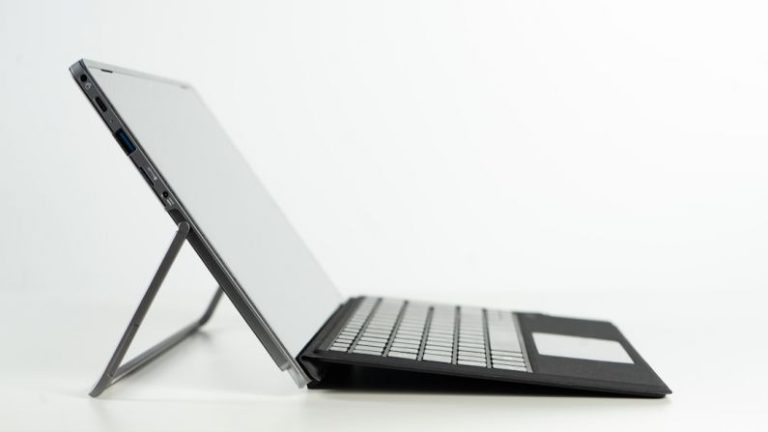Can I Use a Tv Instead of a Monitor for My Pc?
When it comes to setting up a computer, one of the most common questions that arise is whether a TV can be used as a substitute for a monitor. With the increasing size and quality of modern televisions, it’s a valid consideration for those looking to expand their display options or save some money. Let’s explore the possibilities and considerations of using a TV instead of a monitor for your PC.
**Size Matters**
One of the first things to consider when using a TV as a monitor is the size difference. TVs are typically much larger than monitors, which can be both a benefit and a drawback depending on your needs. If you’re looking to use your computer for gaming, watching movies, or other multimedia purposes, a larger screen can provide a more immersive experience. However, if you’re primarily using your computer for work or productivity tasks, a smaller monitor may be more practical and easier on the eyes.
**Resolution and Refresh Rates**
Another important factor to consider is the resolution and refresh rate of the TV you’re considering using as a monitor. Many modern TVs offer high resolutions, such as 4K, which can provide a crisp and detailed image when used with a computer. However, not all TVs support the same refresh rates as monitors, which can lead to issues such as screen tearing or input lag when gaming or watching fast-paced content.
**Input Options**
Most TVs come equipped with a variety of input options, such as HDMI, DisplayPort, and VGA, which can be used to connect your computer. However, it’s essential to check the input options and compatibility of the TV you’re considering using as a monitor to ensure it will work with your PC. Additionally, some TVs may have input lag or other issues when used as a monitor, so it’s essential to test the setup before committing to using a TV full-time.
**Picture Quality and Color Accuracy**
While many modern TVs offer excellent picture quality and color accuracy, some may not be as well-suited for use as a monitor. TVs are typically designed to display video content, which may result in oversaturation or other image quality issues when used with a computer. If color accuracy is essential for your work or gaming needs, it may be worth investing in a dedicated monitor with a high-quality display.
**Consider Your Needs**
Ultimately, the decision to use a TV instead of a monitor for your PC comes down to your individual needs and preferences. If you value a larger screen size, immersive multimedia experience, and don’t mind potential issues with input lag or resolution, using a TV may be a viable option. However, if you require precise color accuracy, high refresh rates, and a more traditional monitor setup, investing in a dedicated monitor may be the better choice.
**Final Thoughts**
In conclusion, using a TV as a monitor for your PC can be a viable option depending on your specific needs and preferences. With the increasing size and quality of modern televisions, many people find that using a TV provides an immersive and enjoyable computing experience. However, it’s essential to consider factors such as size, resolution, input options, picture quality, and color accuracy before making the switch. By weighing these considerations and testing the setup beforehand, you can determine whether using a TV as a monitor is the right choice for you.






